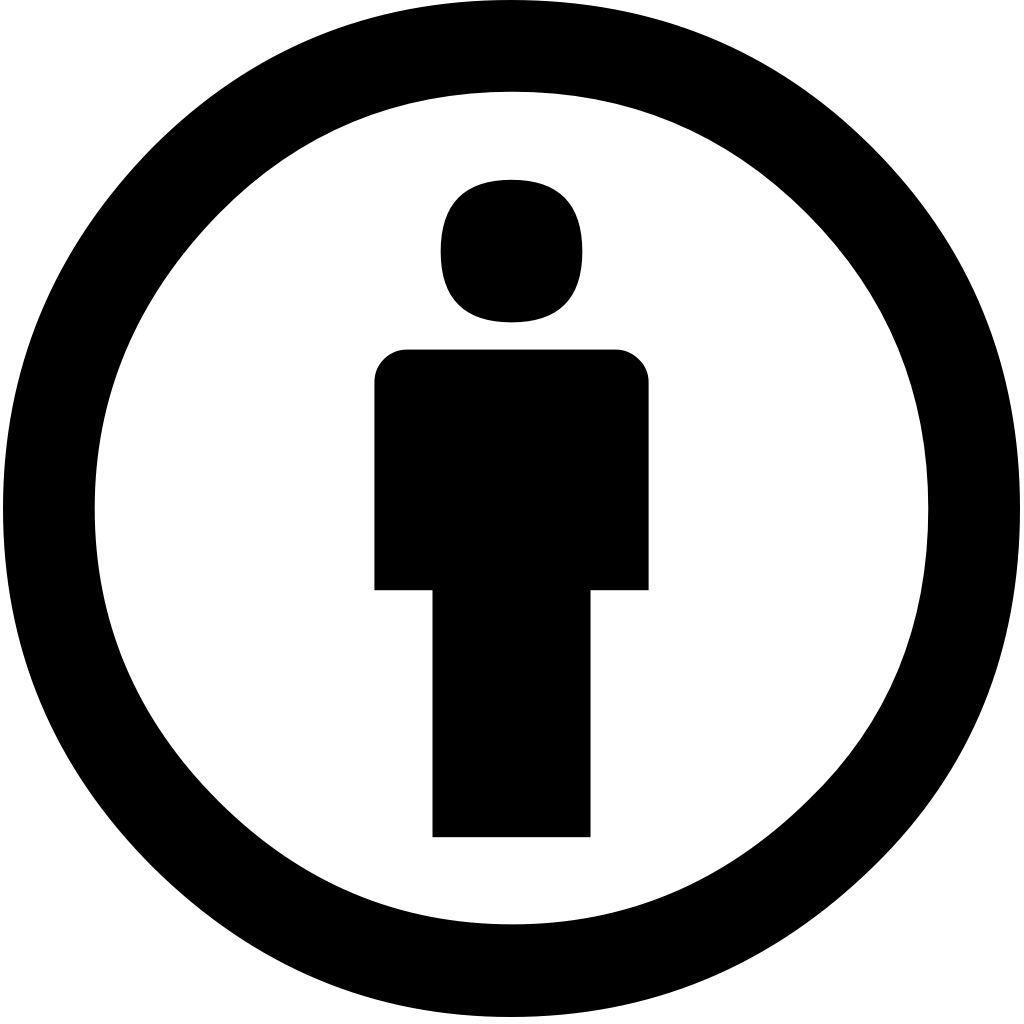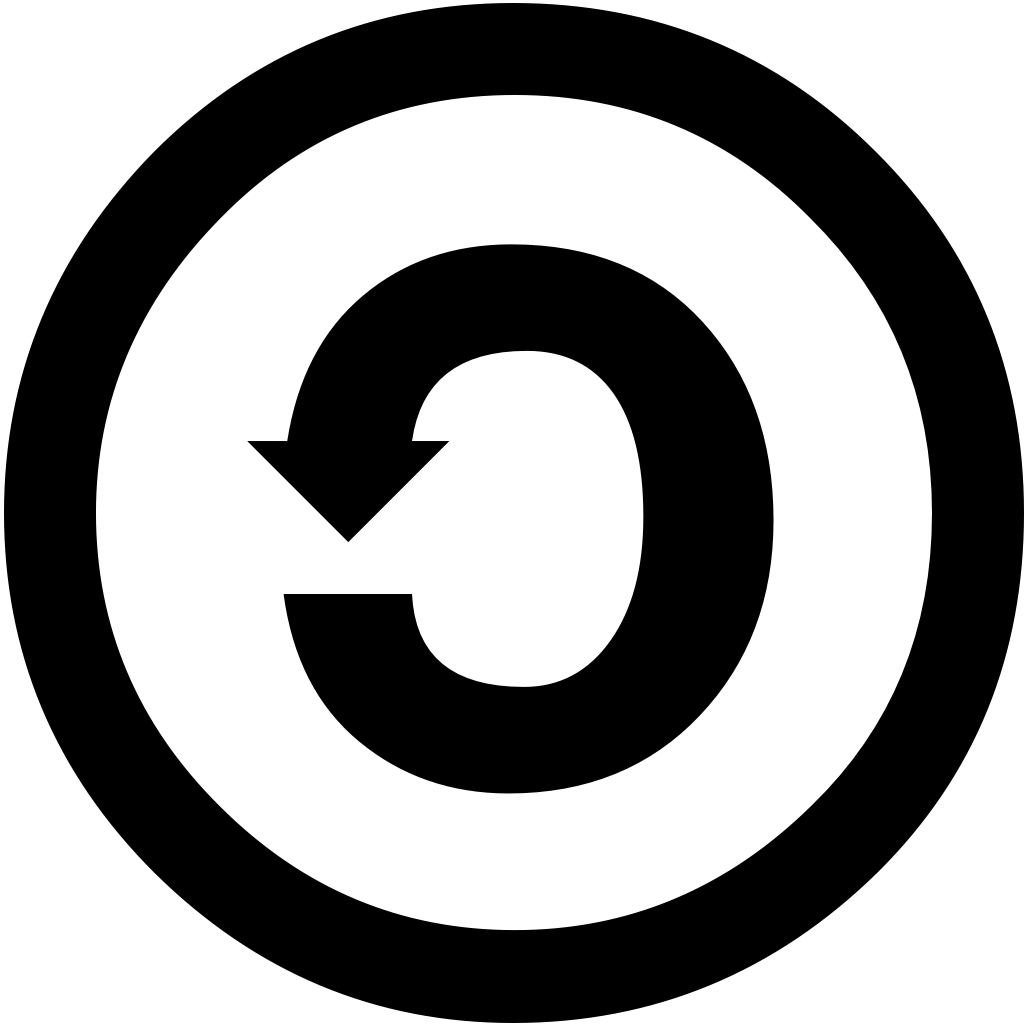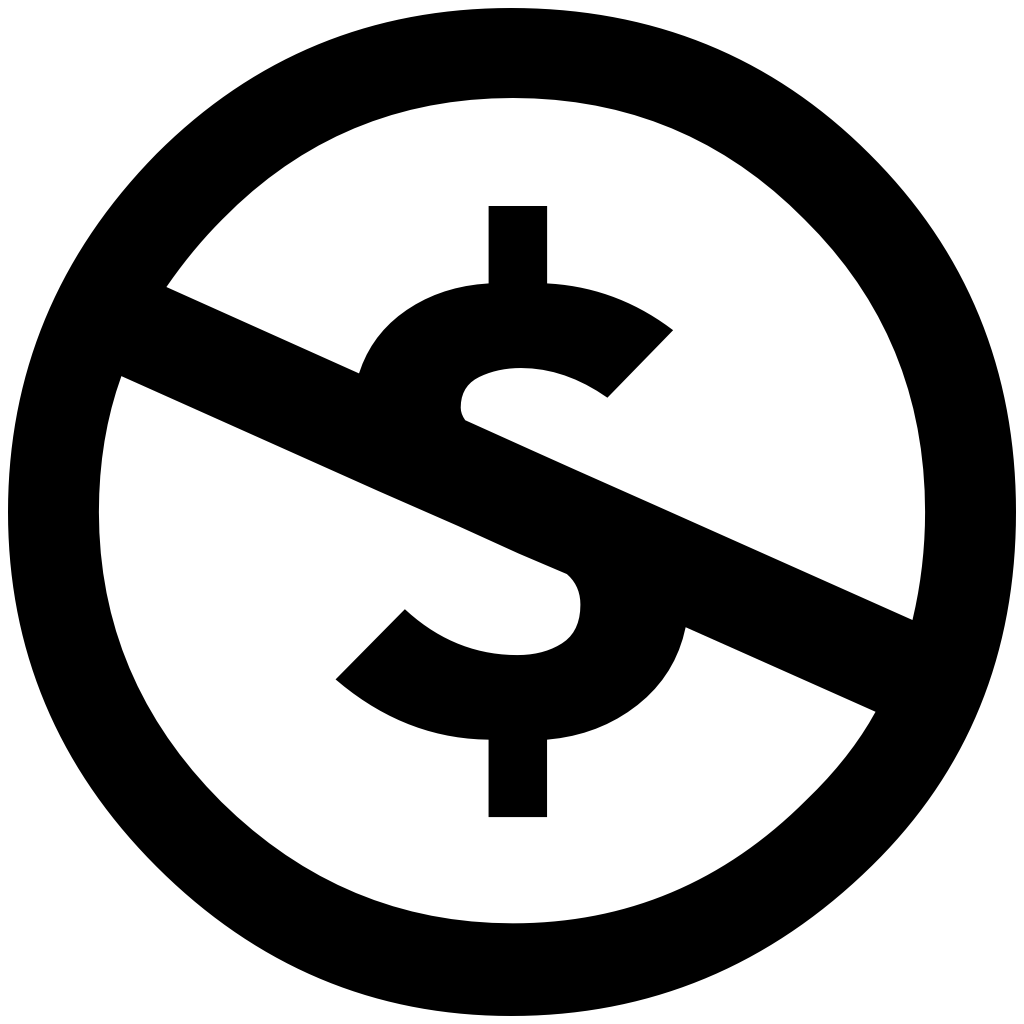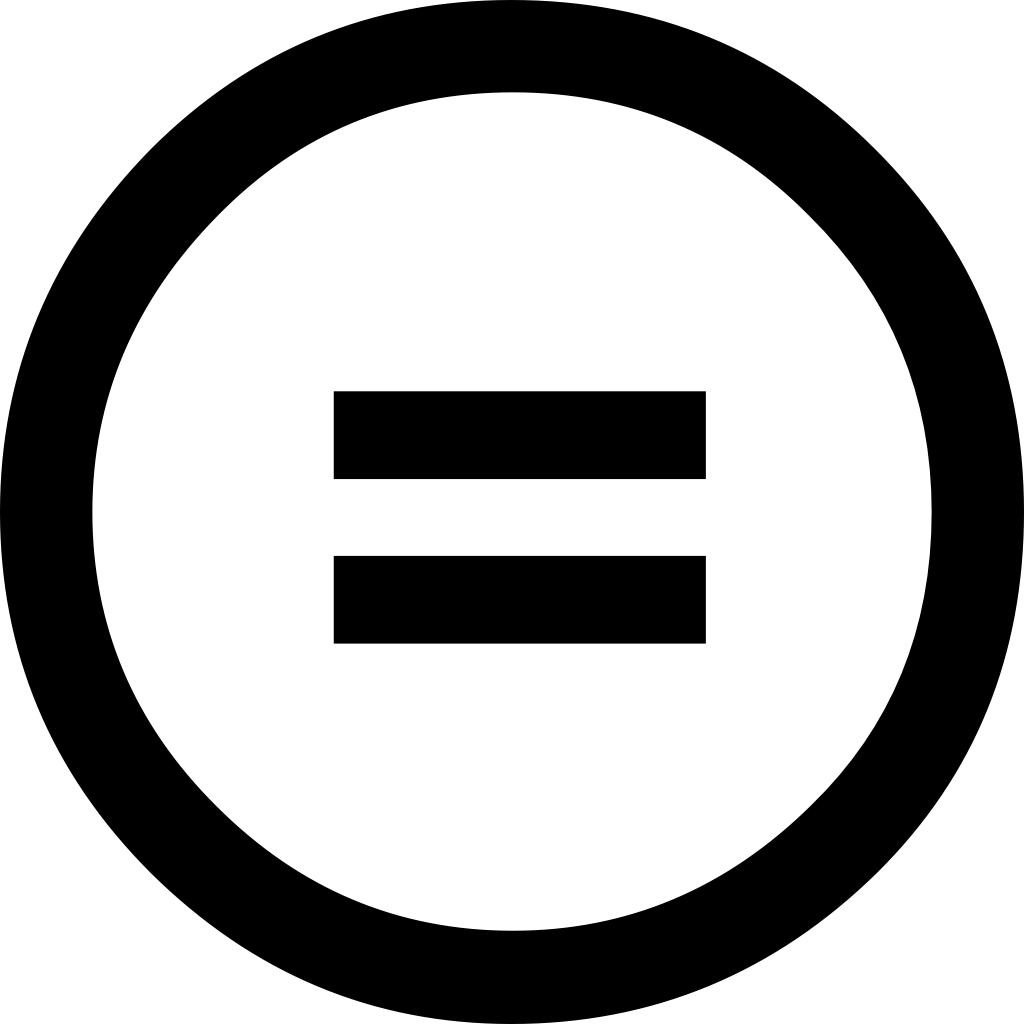Copyright
How do you tell the difference between Copyright, Fair Use, or Creative Commons?
- Copyright: protects the works of creators.
- Fair Use: allows small portions of a work to be used without violating copyright.
- Creative Commons: licenses that allow the creator to determine how work is shared.
Click the headings below to learn more.
Copyright
What is copyright?
It is a legal right that protects the works of creators, whether the product is a
book, music, photos, or any other tangible form. The creator has full control of their
product under copyight.
Once work is created, it is automatically copyrighted.
Rule of Thumb:
- Ask yourself: By sharing a copy of the work, am I taking money away from the creator?
- If the answer is yes, consider a different way of using the work. Ask your librarian
for help!
Example:
- Sharing a PDF copy of a book when students would have to otherwise purchase the book.
- Yes, this action takes money from the original creator because students will not purchase
the book.
Fair Use
Small portions of a work can be used without violating copyright. These are considered
"Fair Use".
Fair Use applies if:
- You are not receiving a profit.
- It is relevant to the instruction, learning, or activities of the course.
- You share smaller portions of the work, like a chapter.
- Sharing the work would not “take money” from the creator.
- You credit the original creator.
Creative Commons
Creative Commons licensing allows you to determine how your work is shared and used
by others. As the creator, you determine how you want adaptations to be licensed,
whether or not others can use your work commercially, or if you do not want any adaptations
made to your work.
There are 6 different licenses, but all include these elements. See a breakdown below
or access a printable version.
 BY: Credit the creator.
BY: Credit the creator.
 SA: Adaptations under the same terms.
SA: Adaptations under the same terms.
 NC: Only noncommercial uses.
NC: Only noncommercial uses.
 ND: No derivatives or adaptations.
ND: No derivatives or adaptations.
Need Help? Let Creative Commons help you choose a license.
Creative Commons Licenses
License
Image
Uses
CC BY

 BY: Credit the creator.
BY: Credit the creator.
CC BY-SA

 BY: Credit the creator.
BY: Credit the creator.
 SA: Adaptations under the same terms.
SA: Adaptations under the same terms.
CC BY-NC

 BY: Credit the creator.
BY: Credit the creator.
 NC: Only noncommercial uses.
NC: Only noncommercial uses.
CC BY-NC-SA

 BY: Credit the creator.
BY: Credit the creator.
 SA: Adaptations under the same terms.
SA: Adaptations under the same terms.
CC BY-ND

BY: Credit the creator.
 ND: No derivatives or adaptations.
ND: No derivatives or adaptations.
CC BY-NC-ND

 BY: Credit the creator.
BY: Credit the creator.
 NC: Only noncommercial uses.
NC: Only noncommercial uses.
 ND: No derivatives or adaptations.
ND: No derivatives or adaptations.
CC0
Public Domain

Creators give up their copyright and put works into the public domain.
Others can do as they wish with no conditions.
Copyright
What is copyright?
It is a legal right that protects the works of creators, whether the product is a book, music, photos, or any other tangible form. The creator has full control of their product under copyight.
Once work is created, it is automatically copyrighted.
Rule of Thumb:
- Ask yourself: By sharing a copy of the work, am I taking money away from the creator?
- If the answer is yes, consider a different way of using the work. Ask your librarian for help!
Example:
- Sharing a PDF copy of a book when students would have to otherwise purchase the book.
- Yes, this action takes money from the original creator because students will not purchase the book.
Fair Use
Small portions of a work can be used without violating copyright. These are considered "Fair Use".
Fair Use applies if:
- You are not receiving a profit.
- It is relevant to the instruction, learning, or activities of the course.
- You share smaller portions of the work, like a chapter.
- Sharing the work would not “take money” from the creator.
- You credit the original creator.
Creative Commons
Creative Commons licensing allows you to determine how your work is shared and used by others. As the creator, you determine how you want adaptations to be licensed, whether or not others can use your work commercially, or if you do not want any adaptations made to your work.
There are 6 different licenses, but all include these elements. See a breakdown below or access a printable version.
![]() BY: Credit the creator.
BY: Credit the creator.![]() SA: Adaptations under the same terms.
SA: Adaptations under the same terms.![]() NC: Only noncommercial uses.
NC: Only noncommercial uses.![]() ND: No derivatives or adaptations.
ND: No derivatives or adaptations.
Need Help? Let Creative Commons help you choose a license.
Creative Commons Licenses
| License | Image |
Uses |
|---|---|---|
| CC BY |  |
|
| CC BY-SA |  |
|
| CC BY-NC |  |
|
| CC BY-NC-SA |  |
|
| CC BY-ND |  |
BY: Credit the creator.
|
| CC BY-NC-ND |  |
|
|
CC0 Public Domain |
 |
Creators give up their copyright and put works into the public domain. Others can do as they wish with no conditions. |
University Libraries
-
Address
2802 18th Street, Lubbock, TX 79409 -
Phone
(806)742-2265 -
Email
libraries.website@ttu.edu





